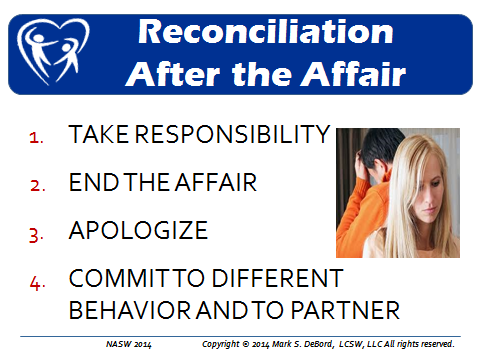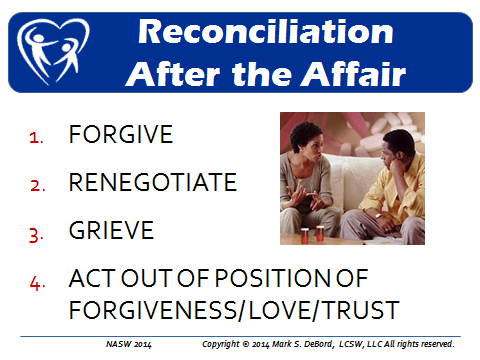A Management Strategy:
1. IT IS IMPORTANT TO GET A GOOD PHYSICAL CHECKUP IN ORDER TO ENSURE THERE ARE NO PHYSICAL PROBLEMS/ RISKS.
2. Medication can help control symptoms and allow for the focus and determination to use the Cognitive Behavioral Strategies that follow.
3. Understanding
a. Panic is a natural protective function of the body and mind that increases alertness and even physical strength for a short period of time to allow one to protect themselves or otherwise respond to a real danger. The cause of Panic Attacks is not absolutely known, but can be considered a misfiring of this natural protective system.
b. There is real danger that is present continually in that there is always risk and uncertainty in life – most of the time we simply do not pay attention to it. We take a risk getting out of the bed in the morning, but generally we do not see this as a particularly great risk!
c. We are always taking calculated risks! We certainly do this when we get in a vehicle to go anywhere, but the risk is compared to the potential benefit. So we take calculated risks in order to receive the benefit. Again, we just do not always pay attention to the fact that that is what we are doing.
d. Some people are more comfortable with taking greater risks and there is not a right or wrong about those choices. Where some would never consider skydiving, for instance, others would do it for the thrill, sense of accomplishment, etc. Where some would vehemently avoid public speaking, others might put themselves in those situations on purpose in order to advance their career or out of a sense of responsibility to share their experiences or an important message. Bottom line is that we are always at risk of uncertain events or outcomes.
4. Learn to relax (there is a relaxation exercise on the Links and Resources page of my website). There are so many ways to relax that I won’t go into that here, but you will not find it difficult to discover a variety of methods/ activities with a little research. You may want to find something you can use immediately in those times where you may experience acute anxiety, but also something you can do more routinely to increase your ability to tolerate the normal stresses of life. Relaxation can help minimize the panic symptoms.
5. Relaxation can help you tolerate the discomfort of exposure to those situations that trigger the panic. Exposure simply is placing yourself in the situations that have triggered the panic. When we avoid those situations, they become even more fearsome; therefore, we want to “expose” ourselves to them in spite of the discomfort until they become much less uncomfortable. (A therapist may be of some help as some have a difficult time getting through this important part of the strategy.)
6. Remember that “although rotten things may happen or I might be uncomfortable, I can tolerate it, I can survive it”. People do not die from panic!
(To learn more about Panic Disorder please visit the Health Library on the Links and Resources page of my website where you can search for Anxiety Disorders and find a link to Panic Disorder on the left hand side of the page.)




 RSS Feed
RSS Feed
